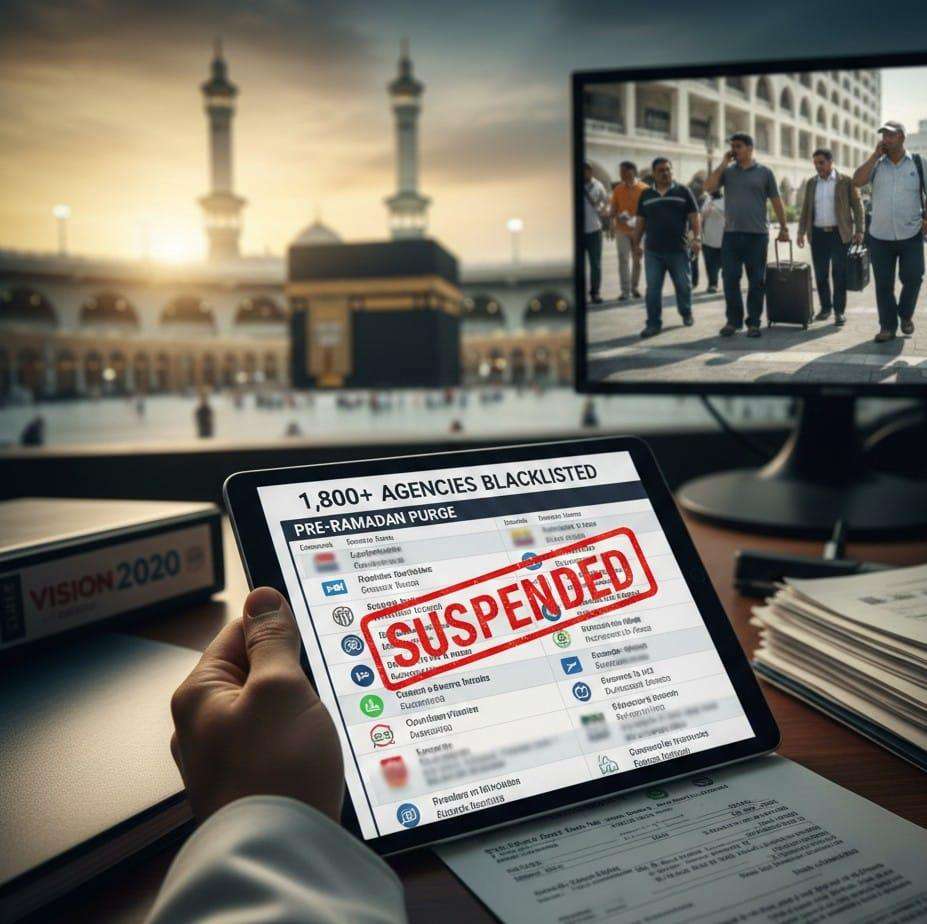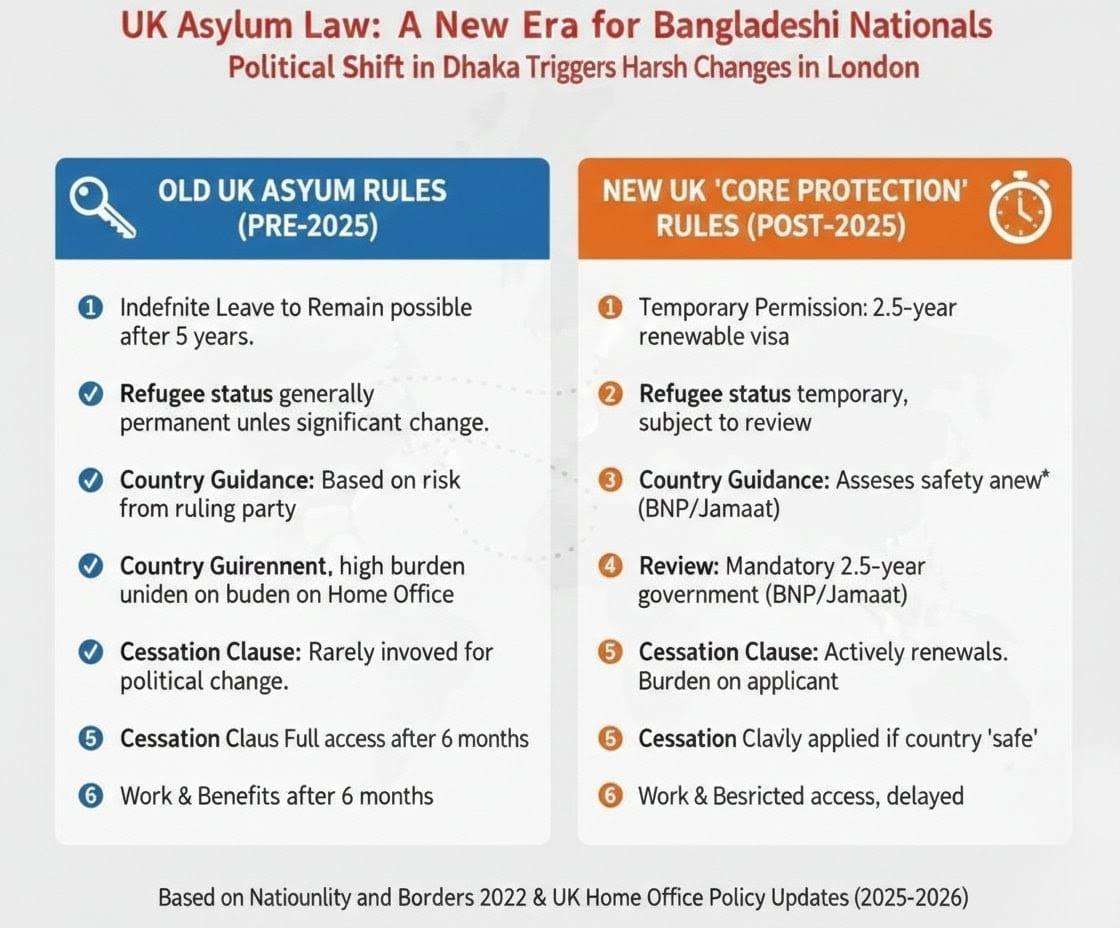Let's be honest. Both parties experience intense emotions when working remotely. Supporters claim that it will improve work-life balance, save transportation expenses, and benefit the person overall.
The opposing viewpoint holds that it will weaken a positive corporate culture and result in a disengaged workforce. By the end of 2022, about a quarter of all work will be done remotely, and companies are trying to get on "the right side of history" with the problem.
A new Harris Poll with Bloomberg shows an undiscussed downside of the phenomenon: worse mental health for younger workers.
The poll shows that young workers found it difficult to make connections, receive feedback from superiors, and learn their way with company culture while encountering quiet and empty offices, “out of office” managers, and few networking opportunities.
With the rise of remote work hitting an inflection point, many of the younger generations (specifically Z) are finding it hard to cope with these drastic changes.
Lonely Gen Z Workers Unite (Remotely, of Course)
Here are the findings of the poll:- More than 50% of Gen Z summer interns and newly hired workers said working remotely makes it difficult to establish business connections. In contrast, over half (55%) said they think they are missing out on an important step into adulthood and their career because of how the events of 2020 affected office culture.
- Over 60% said it is essential to their career to understand how their corporate office culture operates and where they fit in the puzzle. Work-from-home and hybrid work situations cause difficulty to fully grasp and be a part of workplace culture in the office (56%).
- For the workers who are fully remote and hybrid, over one-third (37%) said they feel like they are falling behind their coworkers who are working in the office every day.
- An utter disconnect in schedules and working arrangements is part of the reason why: with 46% of summer interns working remotely, about a third said their superiors and managers were in the office. For the 33% of interns who worked in the office, about a quarter said their higher-ups worked out of the office.
- In corporate America, there is a debate about workers returning to the office full-time. CEO of the Harris Poll, John Gerzema, opined, “we’re overlooking what the future of work really means – our collective role as managers of future talent. We forget we’re dealing with an interrupted generation – first at school – and now at work. And if this past summer is any indication, young people have lost faith in us as managers to mentor, listen and create a workplace where they can launch their careers. Remote work doesn’t mean remote management.”
It is anyone’s guess on whether office will “require” in-person work over the coming months and years.With Gen-Z feeling like they are falling behind it may be best for their future development for them to return to the office and assimilate in the company culture.








.svg)



